Fish and Food Web Ecologist
UK Center for Ecology and Hydrology, Lancaster, UK
£45,065 - £47,823, Permanent position
Open Until Filled
About the job
Job summary
UKCEH is looking for an experienced Fish and Food Web Ecologist to join our 600-strong team, contributing to scientific discovery and generating the data, insights and solutions that researchers, businesses and governments need to solve complex environmental challenges.
We are looking for an enthusiastic Fish and Food Web Ecologist with a background in fish/fisheries to establish and strengthen our fish ecology capabilities within our Water Resources Science Area. Working within our Lake Ecosystems group at Lancaster, you will join our friendly and passionate team of field and lab freshwater scientists and play a pioneering role in the establishment and ongoing enhancement of this exciting and burgeoning area of science for UKCEH.
The purpose of your role will be to establish and lead research on fish populations and communities, freshwater fisheries, and food web interactions, in collaboration with the wider team and external partners. This role will provide new skills and perspectives that will contribute to ongoing ecosystem-scale long-term and high-resolution monitoring of sentinel fresh waters in the UK natural environment, large outdoor experiments, and campaign-based research. It is anticipated that this research could extend beyond the UK.
You'll join a deeply collaborative, multi-disciplinary team, adding to critical research on the evolving state of our freshwater environments. With support from a recently appointed Assistant Freshwater Ecologist, you'll engage in activities such as rare fish conservation, ecosystem evaluation, and tackling socio-economic factors associated with subsistence fisheries abroad. In addition, you will be responsible for developing and leading a portfolio of research in these topic areas, collaborating with expertise within UKCEH, and in partnership with key regional, national, and international stakeholders. Locally based research will be carried out on lakes in the beautiful and iconic surroundings of the English Lake District, complementing long-term monitoring, and could capitalise on large outdoor experimental facilities.
You’ll be joining a leading independent, not-for-profit research institute that’s committed to recruiting talented people like you, progressing your career and giving you the support you need to thrive at UKCEH.
Your main responsibilities will include:
- Leading role in developing research proposals and projects related to fish and fisheries ecology
- Building partnerships with key stakeholders and collaborators interested in freshwater fish research, conservation, and management
- Leading and assisting in campaign-based and routine fieldwork, including boat-based long-term ecosystem monitoring in the English Lake District
- Leading role in fish husbandry for large-scale mesocosm experiments
For the role of Fish and Food Web Ecologist, we’re looking for somebody who has:
- A PhD in environmental science or ecology
- Proven expertise, and a track record in fish or fisheries research and conservation, including food web perspectives, evidenced by several high impact peer-reviewed journal papers and/or published reports
- Expertise in the practical implementation of fish surveys in lakes, using boats (e.g. hydroacoustics, eDNA, netting)
- Skills and experience in the statistical analysis of complex ecological datasets, including working with scientific programming languages (e.g. R)
- Evidence of success in winning income for their research, and understands the importance of budgetary control and ensuring value for money
- A track record of effectively establishing strong working relationships with multi-/trans-disciplinary groups
- A full UK driving licence
We would welcome applicants with scientific specialisms in the role of fish in freshwater food webs, rare fish conservation, fish population modelling, fish/fisheries in an international context (e.g. nutrition and socioeconomics), or invasive species detection and management.

